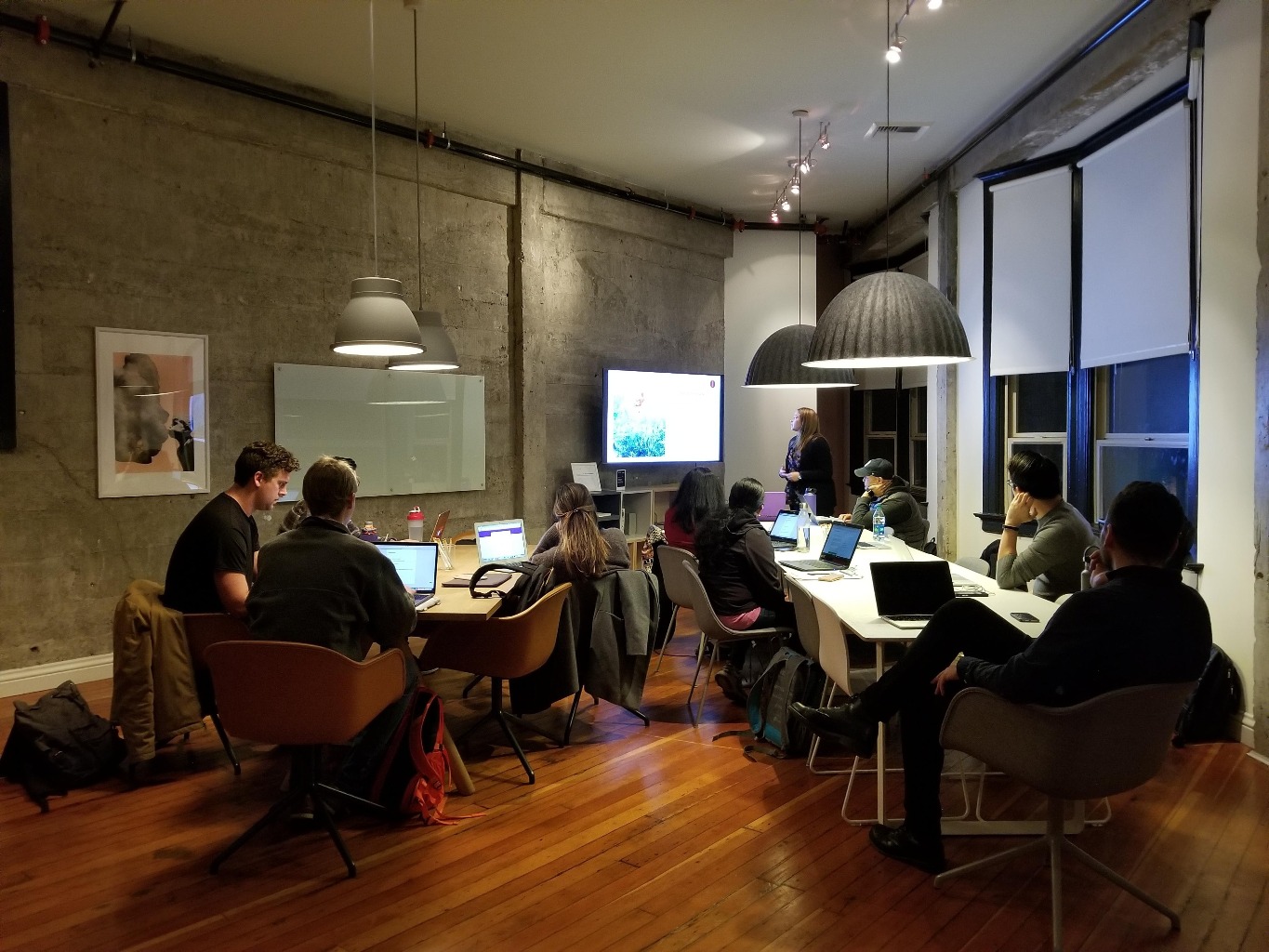
Do you have a dream to be a writer but don’t know where to start? Don’t worry, we here at Fictionate.Me have your back.
As a team of professional, published writers, we want you to feel you have the tools and support you need to become a writer no matter what your experience level is.
You don’t need a writing degree or a string of letters after your name. You don’t need years of experience to get published. All you need is time, dedication, and the desire to become a writer, and the rest will fall in line.

Saying you’re a writer is the easy part. Actually doing the work and following through to get a finished piece is the hard part. Sitting down and facing that blinking cursor or blank page can feel nothing short of overwhelming at times.
So even if you have never written a word, or you’ve got a few rough drafts floating around in the cloud, here are some tips to help you get writing.
Practice makes progress
I think we’ve all heard the adage “practice makes perfect”, but since there is no such a thing as perfect, I’ll say practice makes progress instead. And it’s true. Practicing anything will improve your skills, no matter what they are.
While many of us start writing as kids, none of are born Pulitzer Prize winners. Even writers with innate talent will tell you, if you don’t use it, you’ll lose it.

Set aside time to write. It can be daily, weekly, or even monthly, as long as you’re writing. Choose times when you have the least number of distractions, even if it’s just a half hour on your lunch break.
The more you write, the better you get, it’s that simple!
Read, read, read
Writing and reading go hand in hand. If you’re thinking about becoming a writer, I imagine you are probably already an avid reader!
Reread your favorite authors. Read books in the genre you want to write. Read short stories, flash fiction, articles, anything to get your imagination fired up. Studying other writers is a great way to hone your skills and help introduce you to various styles of writing.

Also, read writing tips and tricks or pick up a book like Stephen King’s On Writing: A Memoir of the Craft.[JK1] Are you confused about exposition or not sure how long each chapter should be? For every question, the internet has probably has your answers.
Take a course
Still feeling clueless about how to start your writing journey? Take a course!
You don’t have to sign up for an MFA program to get learn some great writing skills. There are many free or cheap courses out there to help you learn the craft.
Sites like Skill Share, Masterclass, and Udemy have many discounted courses, many as low as $20 or less, but some you can find for free.

Here are some links to offerings if you’re looking to learn for free:
Udemy: Secret Sauce of Great Writing
Coursera: Creative Writing: The Craft of Plot
Open Learn: Start Writing Fiction
Creative Writing Now: Endless Story Ideas
There are dozens, if not hundreds, of free classes out there, so you don’t have to spend a dime to learn some valuable skills to improve your writing.
Become a planner
While it may be exciting to sit down and start pounding away at the keys when you get a new idea, it will be most advantageous if you plan before you start.
I know it seems that planning may take away the spontaneity of writing, but not planning ahead can have downsides.
If you have the seed of a story idea but don’t really know how it will end or even who your characters are, take a beat, sit down, and plan. Otherwise, your plot will have holes bigger than the Grand Canyon that you’ll have to patch up later, and it will be much more difficult then.

Having a general idea of where your story is going will save you many wasted hours of rewrites. Developing character sketches and a basic beginning, middle, and end for your story will give you a roadmap of where you’re going. You don’t travel to new places without a map, right? It’s the same with your writing.
This doesn’t mean you can’t take a detour from your plan now and then. But if something does change, go back and rewrite your outline. I promise you won’t be sorry!
Click here to read my previous article on the importance of planning, with free outline templates included!
Write what you know
This doesn’t mean you should write a story about your morning commute or what you have for lunch each day. That would be boring, right?

Write what you know applies more to emotions or experiences you’ve had, and you can plug those into any genre. Have you ever lost a job? Gotten a divorce? Grieved over a loved one? Take those experiences and feelings and build on them.
For instance, you can turn any of those ideas into genre fiction:
Losing a job: A young man loses his job as a blacksmith’s apprentice in his village, and in his quest to look for gainful employment, he discovers a dragon—and its treasure—hidden in a cave.
Divorce: A king and queen divorce, plunging the entire kingdom into chaos. The queen decides she will start her own queendom, ruled only by women.
Grief: A grieving widow invents a machine to bring back her dead spouse, but her invention resurrects something unnatural—and deadly.

So, what are you waiting for? Don’t procrastinate any longer, and don’t let that blinking cursor bully you into submission. That blank page is hungry for your words. Go feed the monster. You are, after all, a writer!
Follow us on Facebook | Instagram |Twitter